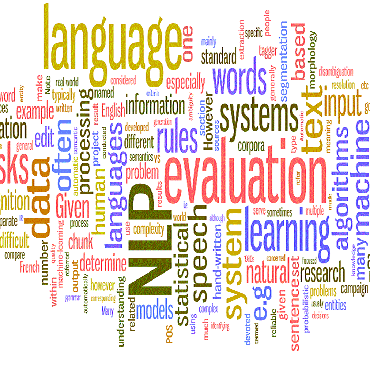Traditionally, writing assistance systems have focused on short or even single-word suggestions. Recently, large language models like GPT-3 have made it possible to generate significantly longer natural-sounding suggestions, offering more advanced assistance opportunities. This study explores the trade-offs between sentence- vs. message-level suggestions for AI-mediated communication. We recruited 120 participants to act as staffers from legislators' offices who often need to respond to large volumes of constituent concerns. Participants were asked to reply to emails with different types of assistance. The results show that participants receiving message-level suggestions responded faster and were more satisfied with the experience, as they mainly edited the suggested drafts. In addition, the texts they wrote were evaluated as more helpful by others. In comparison, participants receiving sentence-level assistance retained a higher sense of agency, but took longer for the task as they needed to plan the flow of their responses and decide when to use suggestions. Our findings have implications for designing task-appropriate communication assistance systems.
翻译:最近,诸如GPT-3等大型语言模式使得能够产生长得多的自然声音建议,提供更先进的援助机会。本研究报告探讨了关于AI媒体通信的判刑与电文一级建议之间的权衡问题。我们从立法部门征聘了120名参与者,他们往往需要对大量关切作出反应。与会者被要求用不同类型的援助对电子邮件作出答复。结果显示,收到电文一级建议的与会者反应更快,对经验更满意,因为他们主要编辑了建议的草稿。此外,他们撰写的文本被其他人评估为更有帮助。相比之下,接受刑罚一级援助的与会者保留了更高的机构意识,但需要更长的时间来完成他们规划答复流程和决定何时使用建议的任务。我们的调查结果对设计适合任务的通信援助系统有影响。</s>




